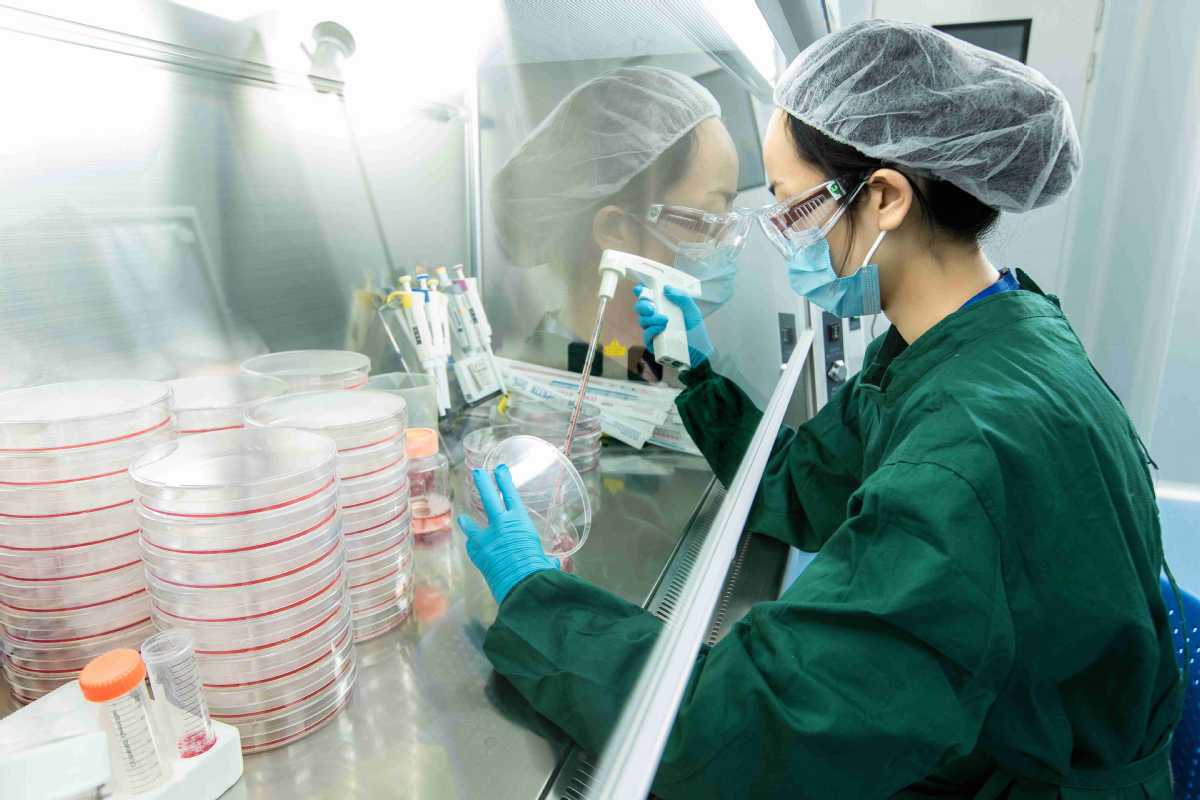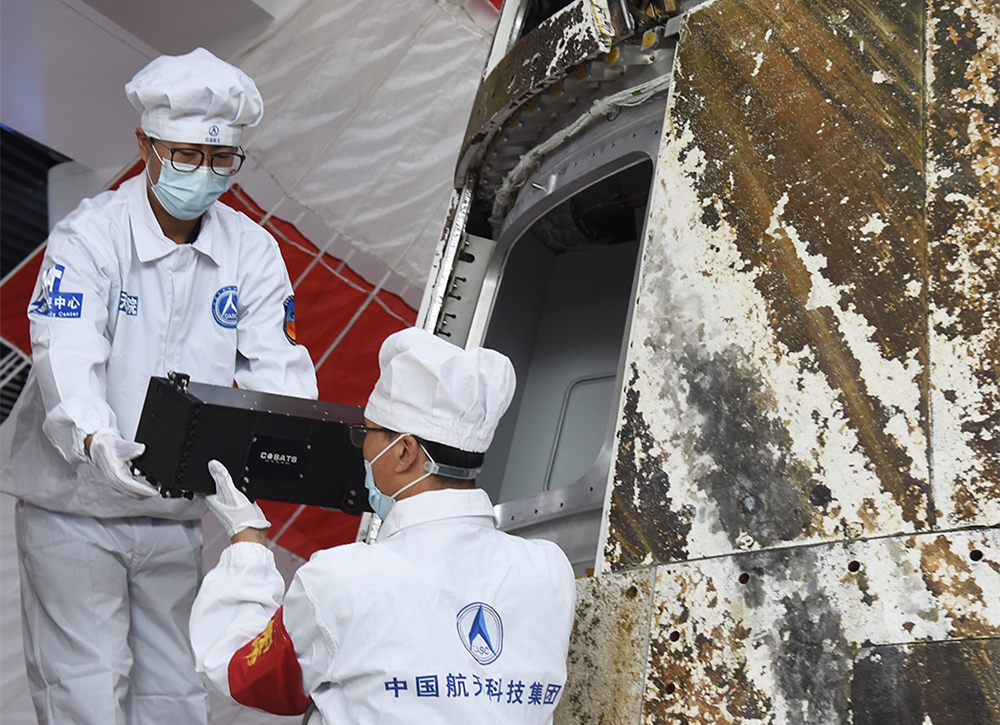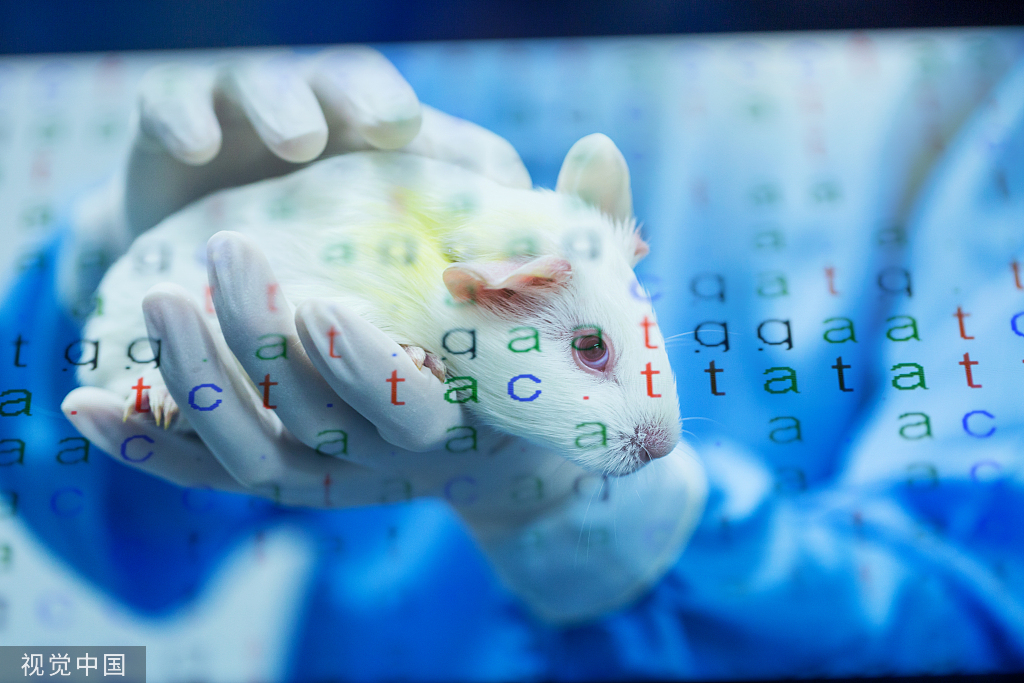The Chinese Academy of Sciences will continue to use advanced technologies, from remote-sensing to big data, to effectively use and protect black soil resources — highly fertile soil located in northeastern China that serves as the bedrock of national food security.
Chinese paleologists have discovered two fossil repositories in southwestern Chongqing municipality and Guizhou province whose strata date back to the Silurian Period that began around 440 million years ago.

China spearheaded and published the world's first international standard on stem cell research on Saturday, signaling that the country has become a globally recognized front-runner in this cutting-edge field that may revolutionize medicine, experts said.
A cohort of 50 young Chinese scientists won the 2022 Xplorer Prize on Thursday, with each receiving a total of 3 million yuan ($434,000) over the next five years to support their research, according to the organizer.

China will enhance practical scientific and technological cooperation with Latin American and Caribbean countries in fields such as technology transfer, innovation in sustainable food and in jointly tackling global challenges, officials said on Friday.

Chinese astronauts have successfully grown rice seedlings onboard the Tiangong space station and this experiment that may yield key insights into how astronauts can cultivate food to support long-term space missions, experts said on Monday.

Chinese researchers have developed a technique that can combine two mouse chromosomes and use the new sets of chromosomes, called karyotypes, to produce living mice, according to a study published in the journal Science on Friday.
China's national science and technology week started on Saturday and will run until Aug 27, featuring exhibitions and events showcasing the latest scientific and technological achievements, from giant drones shaped like a dragonfly, to tiny artificial intelligence chips.